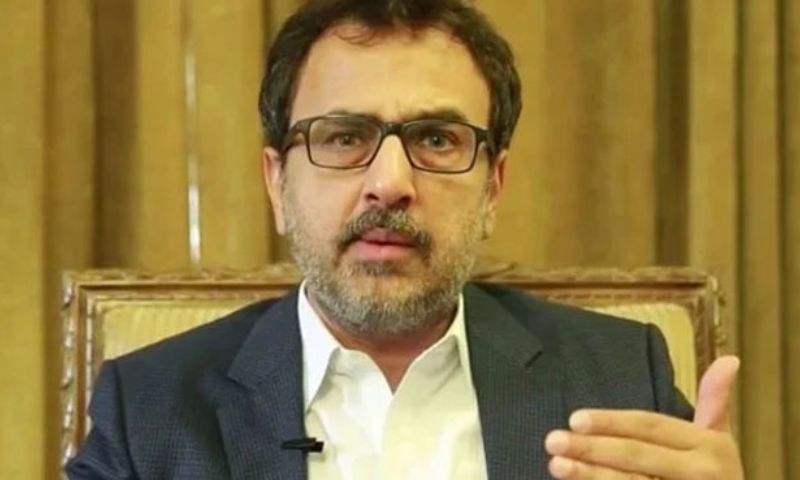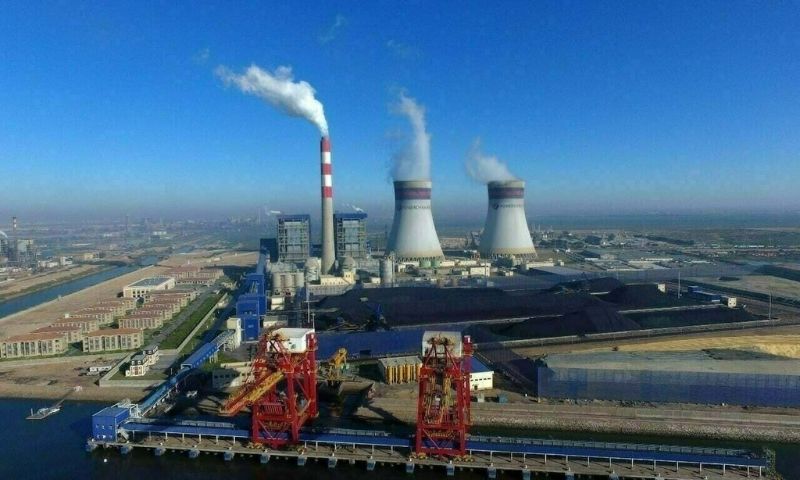ISLAMABAD: Pakistan will urge Chinese independent power producers (IPPs) operating within its borders to shift from imported coal to domestic coal sourced from the Thar region, aiming to reduce costs and bolster energy security, the country’s Federal Minister of Energy Awais Leghari said on Sunday.
Awais Leghari told Reuters that discussions on this strategic transition will be a focal point during Pakistan’s upcoming visit to Beijing. The delegation will also initiate talks on restructuring Pakistan’s energy sector debt, following recommendations from the International Monetary Fund (IMF), which recently approved a $7 billion bailout package for the nation grappling with substantial debt.
Highlighting the significance of transitioning to local coal, Leghari emphasized, “One of the key purposes of going along is the conversion of our imported coal units to the local coal. That would have a huge impact on the cost of energy, of power in the near future. So that is one of the biggest (items on the) agenda.”
The move is expected to benefit Chinese-owned IPPs in Pakistan by alleviating pressure on Islamabad’s foreign exchange reserves, facilitating easier dividend repatriation, and potentially offering higher returns in dollar terms.
Leghari estimated that the switch could save Pakistan more than Rs200 billion ($700 million) annually in coal imports, which could translate into a reduction of up to Rs2.5 per unit in electricity prices.
READ ALSO: Israel Must be Severely Punished to Deter Others from Cruelty: Turkish President
In a significant development earlier this year, a subsidiary of Engro Corporation agreed to divest all of its thermal assets, including Sindh Engro Coal Mining Company, to Pakistan’s Liberty Power. This decision was influenced by Pakistan’s foreign exchange challenges and the potential of indigenous coal reserves to meet energy needs.
Regarding discussions on energy debt re-profiling with China, Leghari declined to provide specifics but indicated that the matter would be part of the agenda during the upcoming discussions.
Pakistan’s power sector has long grappled with issues such as high rates of power theft and distribution losses, leading to mounting debts throughout the production chain. The IMF has raised concerns about the sector’s “circular debt,” which accumulates due to subsidies and unpaid bills.
The Pakistani government has embarked on structural reforms aimed at reducing circular debt by approximately 100 billion Pakistani rupees ($360 million) annually, Leghari confirmed.


























